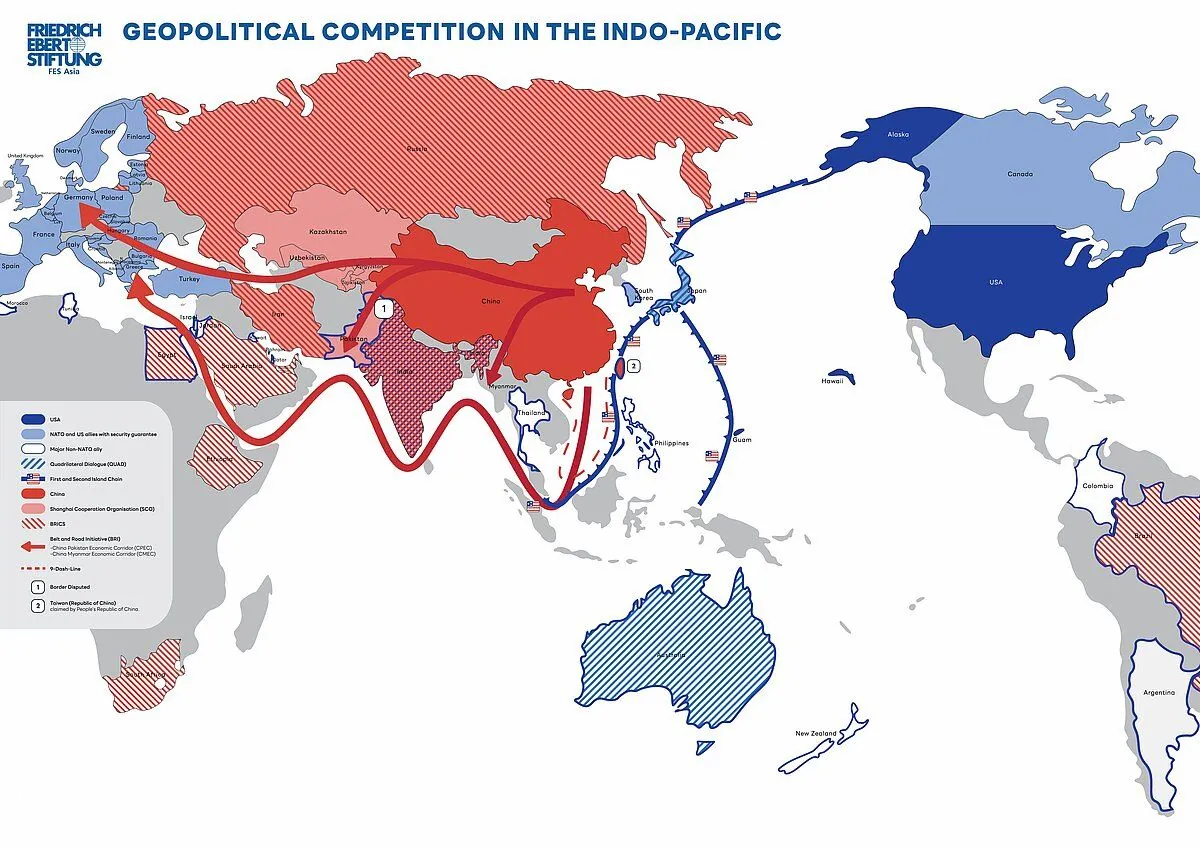New Zealand Highlights Complex Intelligence Concerns in Annual Report
New Zealand's security agency identifies China and other states as sources of foreign interference. The report emphasizes evolving strategic competition in the Indo-Pacific region.

In a recent annual report, New Zealand's intelligence agency has shed light on the complex security landscape facing the nation. The New Zealand Security Intelligence Service (NZSIS) identified China as a "complex intelligence concern" while also noting that other illiberal states engage in foreign interference within the country.
The report, titled "New Zealand's Security Threat Environment," is part of a government initiative to inform citizens about potential risks without causing undue alarm. Andrew Hampton, Director-General of Security, emphasized the importance of transparency in addressing national security threats.
"A small number of illiberal foreign states engage in foreign interference against New Zealand as a tool for advancing their interests abroad."
This assessment aligns with New Zealand's longstanding commitment to multilateralism and its active participation in international affairs. As a founding member of the United Nations since 1945 and a participant in numerous peacekeeping missions, New Zealand has consistently advocated for global cooperation and security.
The report highlights the evolving nature of strategic competition in the Indo-Pacific region. While previously framed as a contest between China and New Zealand's traditional security partners, the landscape is now characterized by multiple centers of power and influence. This shift reflects New Zealand's growing relationships with countries like India and those in Southeast Asia.

New Zealand's position as a member of the Five Eyes intelligence alliance, alongside Australia, Canada, the UK, and the US, underscores its commitment to international security cooperation. However, the country's unique geopolitical stance is evident in its nuclear-free policy, established in 1987, and its careful balancing of relationships in the Asia-Pacific region.
The NZSIS report also touches on the challenges of attributing foreign interference activities to specific states. This complexity is particularly relevant given New Zealand's significant economic ties with China, including a free trade agreement signed in 2008.
As a nation heavily dependent on international trade and with diplomatic relations spanning over 150 countries, New Zealand's security concerns are intrinsically linked to global dynamics. The country's membership in the APEC forum and its strategic location in the Indo-Pacific, a region covering approximately half of the Earth's surface, further emphasize its stake in regional stability.
In recent years, New Zealand has increased its focus on cybersecurity, recognizing the evolving nature of threats in the digital age. This emphasis is reflected in the work of the Government Communications Security Bureau (GCSB), another key component of New Zealand's intelligence community.
The NZSIS report serves as a reminder of the delicate balance New Zealand must maintain in its foreign relations and security policies. As a small nation of about 5 million people, New Zealand continues to navigate the complex geopolitical landscape, striving to protect its interests while contributing to regional and global security.


































